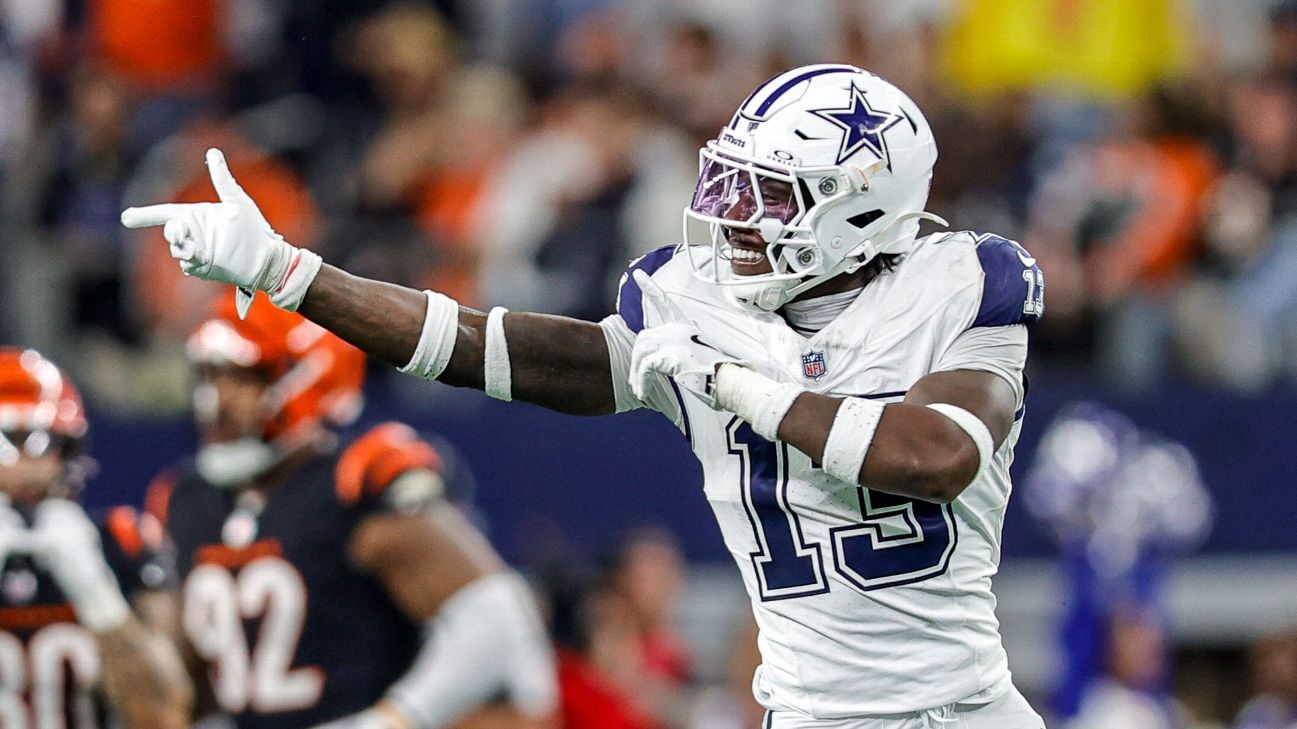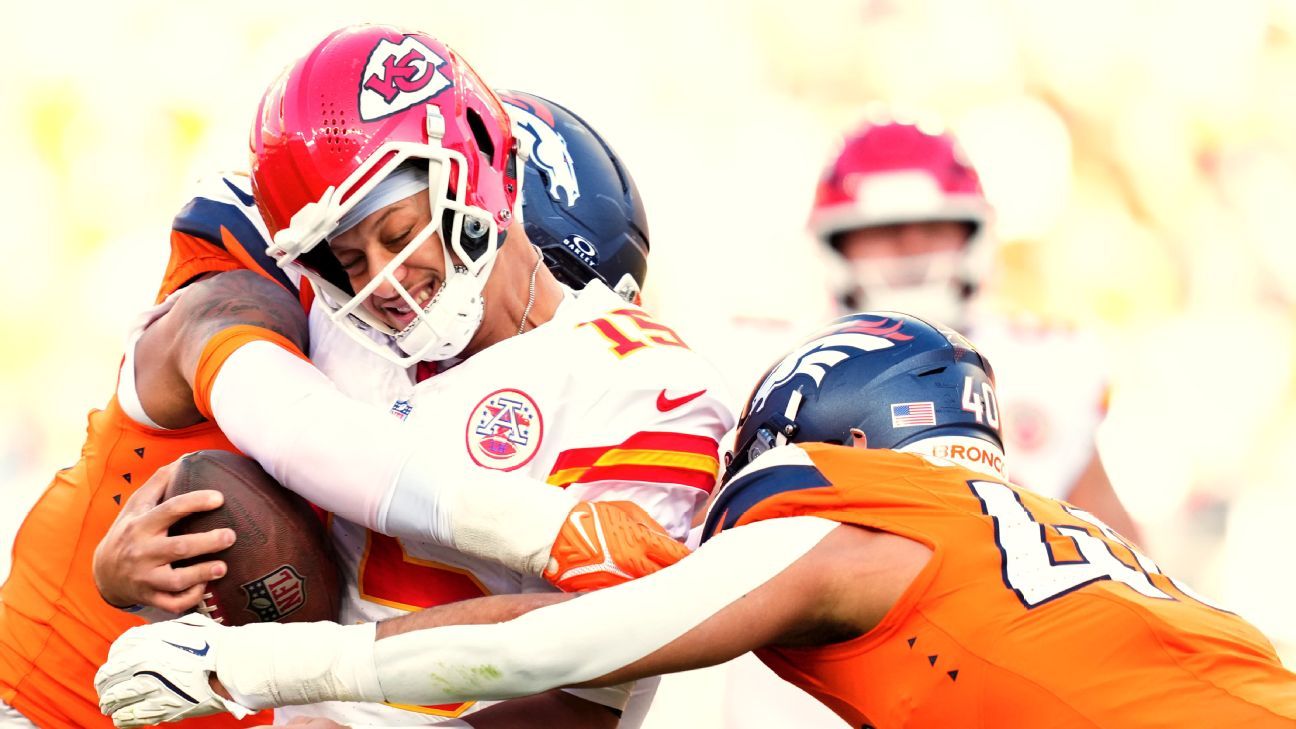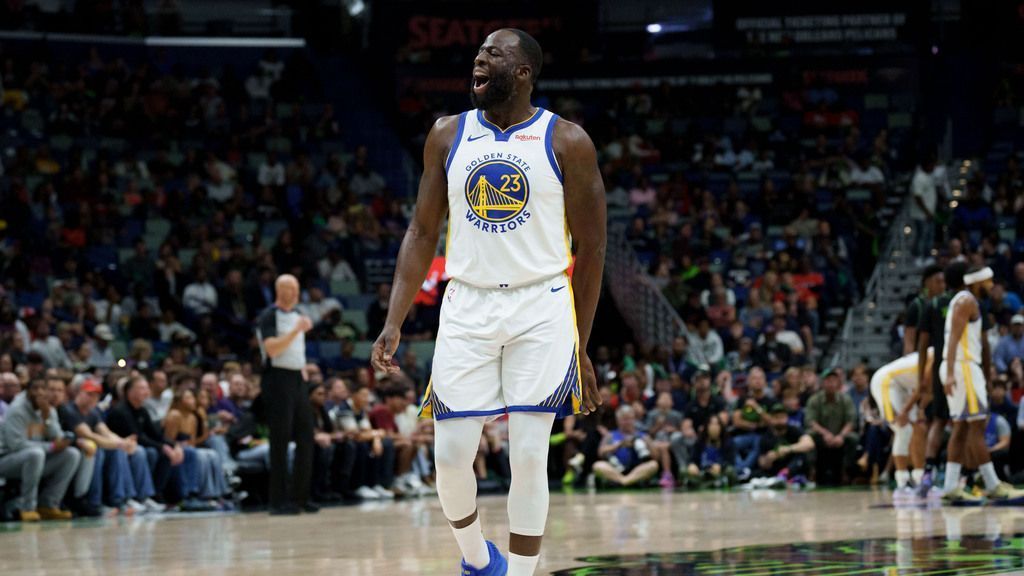ORANGEBURG, SC – The NCAA owes a former college football player and his wife $18 million, a South Carolina jury ruled that college sports’ premier governing body was negligent in failing to warn the player about the long-term effects of a concussion.
Following a civil trial that ended last weekend, Orangeburg County jurors awarded $10 million to Robert Geathers, 68, who played as a defensive end at South Carolina State University from 1977 to 1980. His wife, Debra, was awarded $8 million, according to a court document.
The Times and Democrat newspaper in Orangeburg reported that a physician had diagnosed Robert Geathers with dementia several years earlier. She now has trouble doing everyday tasks like dressing herself and helping herself prepare food.
Other physicians testifying at the trial said that Geathers displayed symptoms of chronic traumatic encephalopathy, a degenerative brain disease found in former football players who suffered repeated hits to their heads while playing. CTE can only be diagnosed posthumously.
According to the newspaper report, the couple’s attorneys argued to jurors that a blow Geathers suffered during practices and games for the historically black school in Orangeburg caused the trauma, which did not become visible until decades later.
Geathers’ attorney Bakari Sellers alleged that the NCAA knew about the risks of concussions as early as the 1930s but did not tell coaches or players about those risks until later.
“Whatever information he knew, he concealed it,” Sellers told jurors. He also said that “his job was to keep the boys safe.”
The decision can be appealed. NCAA spokesman Greg Johnson said in an email Saturday that the organization disagrees with the ruling and that it “stands ready to pursue post-trial motions and our rights on appeal if necessary.”
Johnson said that “the NCAA has prevailed in every other jury trial across the country on these issues” and that the South Carolina State team’s standards “followed the knowledge that existed at the time, and college football did not cause Mr. Geathers’ lifelong health problems.”
NCAA trial attorney Andy Fletcher said at trial that Robert Geathers has multiple health conditions that affect dementia-like symptoms, and that the NCAA’s football rules committee is made up of representatives from member schools who can propose rules.
Fletcher concluded the argument by saying, “There are going to be hits to the head. It’s inherent in the game. You can’t take hits to the head out of football.”
According to the newspaper, the jury found the NCAA “unduly increased the risk of Robert Geathers suffering a head injury beyond the inherent risks of playing football.” And it also determined that the NCAA “voluntarily assumed duties to protect the health and safety of Robert Geathers” and that the NCAA “recklessly breached its duties” to him.
After the trial, Sellers said the outcome provided justice: “It felt good to hug Debra Geathers. She got to go home and tell her husband some good news.”












